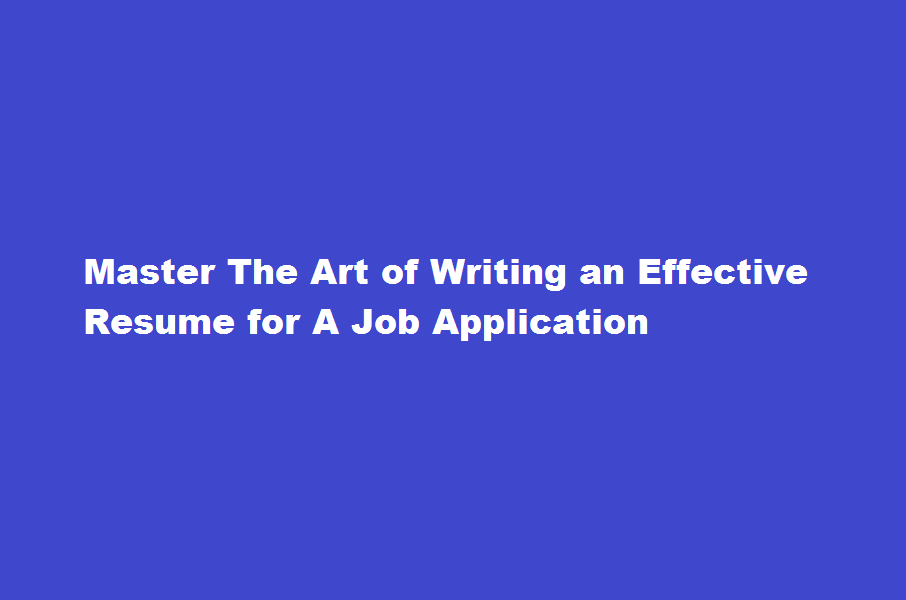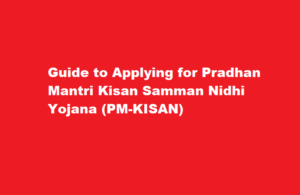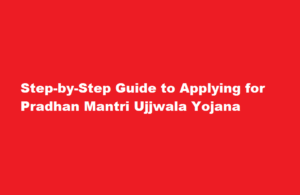Master The Art of Writing an Effective Resume for A Job Application
4 min read
Introduction
In today’s competitive job market, a well-crafted resume can be your ticket to securing an interview. A powerful resume highlights your skills, experiences, and achievements, compelling potential employers to take notice. Follow these essential steps to create an effective resume that sets you apart from other applicants.
Understand the Job Requirements
Before you start writing your resume, carefully review the job description and note the key skills and qualifications required. Tailor your resume to match these requirements and emphasize relevant experiences that make you a strong fit for the role.
Choose the Right Resume Format
Consider the three main resume formats: chronological, functional, and combination. The chronological format is ideal for showcasing a consistent work history, while the functional format emphasizes skills and achievements. The combination format combines both approaches to highlight both experience and skills.
Structure Your Resume
Organize your resume into sections, including a header with your contact information, a professional summary or objective statement, work experience, education, skills, and any additional relevant sections, such as certifications or volunteer work. Use clear headings and bullet points for easy readability.
Craft a Captivating Summary Statement
Write a concise summary statement that highlights your key qualifications and career goals. Grab the reader’s attention by showcasing your unique value proposition and what you can bring to the organization.
Highlight Your Achievements and Skills
When listing your work experience, focus on your accomplishments rather than just job duties. Use action verbs and quantify your achievements with specific numbers or percentages whenever possible. Additionally, include a skills section that highlights your relevant technical and soft skills.
Tailor Your Resume for Each Application
Customize your resume for each job application by incorporating keywords and skills mentioned in the job description. This shows that you understand the role and have the necessary qualifications.
Use a Professional Tone and Consistent Formatting
Ensure your resume looks professional by using a clean and easy-to-read font, such as Arial or Calibri. Maintain a consistent formatting style throughout, including font sizes, headings, and bullet points. Proofread your resume for any grammar or spelling errors.
Quantify and Showcase Results
Quantifying your achievements helps hiring managers understand the impact you’ve made in previous roles. Use metrics, numbers, and percentages to demonstrate your contributions and showcase your value
Keep it Concise
While it’s important to include relevant details, keep your resume concise and limit it to one or two pages. Hiring managers often spend only a few seconds scanning each resume, so make sure your most important information stands out.
Update and Tailor Your Resume Regularly
Regularly update your resume to reflect your latest accomplishments, skills, and experiences. Tailor it to fit the specific job you’re applying for, ensuring that your resume remains relevant and impactful.
Conclusion A well-crafted resume is your chance to make a positive impression on potential employers. By understanding the job requirements, structuring your resume effectively, and highlighting your achievements, you can increase your chances of landing an interview and ultimately securing your desired job.
Frequently Asked Questions (FAQs)
How long should my resume be?
Ideally, keep your resume concise and limit it to one or two pages. Only include relevant and impactful information.
Should I include a cover letter with my resume?
It’s generally recommended to include a cover letter, especially when it’s requested or when you want to provide additional context for your application.
How can I make my resume stand out?
To make your resume stand out, tailor it to the job description, highlight your achievements and quantifiable results, and use a clean and professional design.
Should I include references on my resume?
It’s not necessary to include references on your resume. Instead, have a separate document prepared with references and provide it when requested by the employer.
Read Also : Enrolling in The Government’s Rural Employment Guarantee Scheme A Comprehensive Guide






